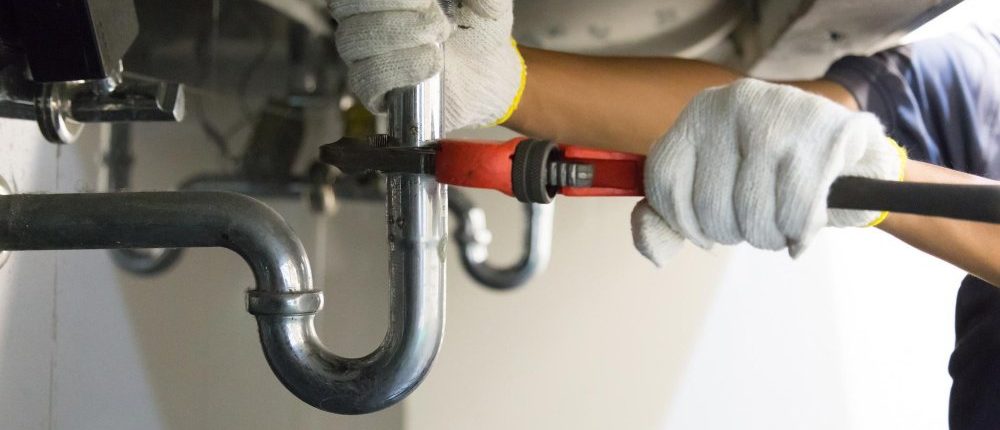Stop Leaks Before It’s Too Late
 Fire might be a homeowner’s greatest fear, but some insurance company will tell you that water is the far more common cause of property damage, even if you don’t live in an area subject to flooding. And it can come from many sources: A failing water heater, a burst pipe, a broken supply line under your sink, a clogged toilet, or even a split hose connected to your washing machine.
Fire might be a homeowner’s greatest fear, but some insurance company will tell you that water is the far more common cause of property damage, even if you don’t live in an area subject to flooding. And it can come from many sources: A failing water heater, a burst pipe, a broken supply line under your sink, a clogged toilet, or even a split hose connected to your washing machine.
That is why it is critical to keep a close eye on your electrical appliances, such as a water heater, and have them repaired by contacting a popular Water Heater Repair company in your area. While noise from a water heater is normal, sounds like humming, knocking, screeching, or tapping should be investigated to rule out the need for repairs or replacement parts.
Just as it’s essential to have a smoke detector in each of your home’s bedrooms and common areas, you’d be wise to install leak detectors in places where water damage could start: The laundry room, water heater closet, the bathroom, under your kitchen sink, and so on. Most plumbers are able to install leak detectors and if you don’t already know a reliable plumber, simply search ‘plumber near La Cañada Flintridge‘ or wherever you live. It’s always better to be safe than sorry and if you do notice a leak somewhere in your home, it’s vital that you get it fixed as soon as possible.
Leaks need to be treated with urgency no matter where they come from or how they are caused. There are quite a lot of emergency plumbing services that could help you in this regard. This leak should be treated as soon as possible as dampness or waterlogging can result in mold growth. Although mold isn’t always visible, it can still seriously harm your home and health. You would then be required to look for mold damage restoration services that can help in clearing the mold and restoring the water damage.
Water shut-off devices are installed by a plumber directly onto your water line, a flow-based water leak detection device monitors the flow of water throughout your home. If an unusual activity or flow of water is detected – probably caused by a leak somewhere in your plumbing or pipes – the device will alert you first and then shut off your water supply to help minimize damage.
Many insurance companies also offer a break on your home insurance if you install water leak detection systems. A one-time investment can end up paying for itself over time.

 Whether you worry about contracting COVID-19 or not, chances are you share in the financial stress felt by millions during the last few months.
Whether you worry about contracting COVID-19 or not, chances are you share in the financial stress felt by millions during the last few months. Summer is an exciting time of the year that is typically filled with cookouts, outdoor activities, and other events. To promote a happy, healthy summer, try following these five wellness tips:
Summer is an exciting time of the year that is typically filled with cookouts, outdoor activities, and other events. To promote a happy, healthy summer, try following these five wellness tips:



